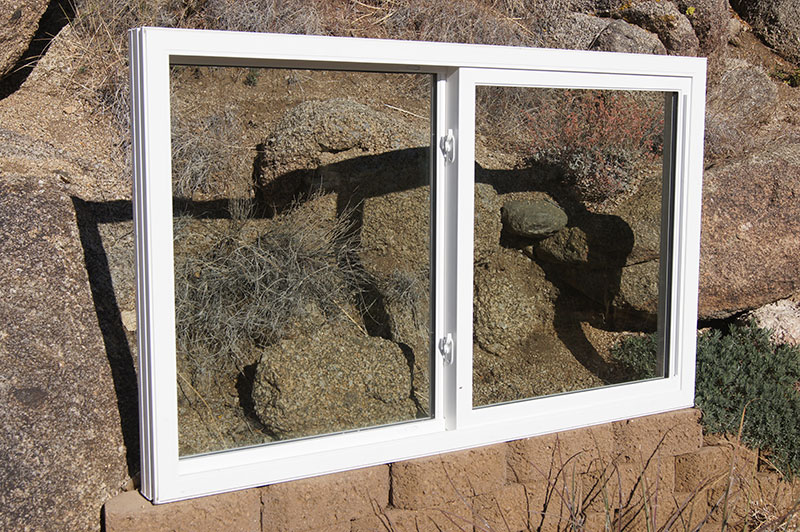VOC’s, (Volatile Organic Compounds), are invisible products that result from the off-gassing of a variety of materials in your home from paint to carpet to plastics. In most cases products that have high VOC’s also have strong smells. New carpet, linoleum, and fresh paint are good examples of this.
Occasionally we get questions about VOC’s and vinyl windows and there are a lot of partial truths and dis-information out there so I wanted to sort this out and see if vinyl windows have any role in contributing to VOC’s in our homes.
Vinyl windows are made of rigid, un-plasticized, PVC. Many of us know that PVC stands for Poly Vinyl Chloride but most don’t know that there are a lot of different types and compounds of PVC. There is a lot of erroneous information on line about PVC and Chlorine. Pure chlorine such as chlorine gas is highly reactive and dangerous. The production of PVC is made with common salt (sodium chloride) and not chlorine gas. We certainly don’t think of salt as being hazardous just because it contains chlorine and the same holds true for PVC. The chlorine is totally bound up in the compounding the same way it is in salt.
At Glass-Rite we use MikronBlend vinyl made by Quanex building products. Our MikronBlend extrusions emit no VOC’S. In fact, this statement is probably true for most vinyl windows as well and not just ours. So, if there’s no issue with VOC’s for vinyl windows why do these questions keep coming up? The answer to that is that there are a lot of different types of PVC and some of them do have high VOC’s. Let’s understand what the distinction between them is.
The most important differentiation is that between rigid and flexible PVC. Flexible PVC like shower curtains, commercial plastic wrap, inflatable toys, garden hoses, and air mattresses are all examples of flexible PVC. Think about it, all of these products have a distinctive smell when they are new. To make PVC flexible manufacturers add plasticizers and stabilizers including lead and a type of chemical called Pthalates. These are the VOC culprits. Pthalates are nasty compounds that have been associated with all kinds of health risks and they have a distinctive odor. The new car smell that we all like is partly made up of VOC’s from flexible vinyl components in the interior of the car.
Rigid vinyl like what we use in making our windows has none of these compounds, zero, nada, none. No lead, no phthalates. The only danger issue associated with vinyl windows is if the vinyl were consumed in a fire then the compounds in the frame that are inert under normal temperatures are released. So feel comfortable with vinyl windows in your home!

